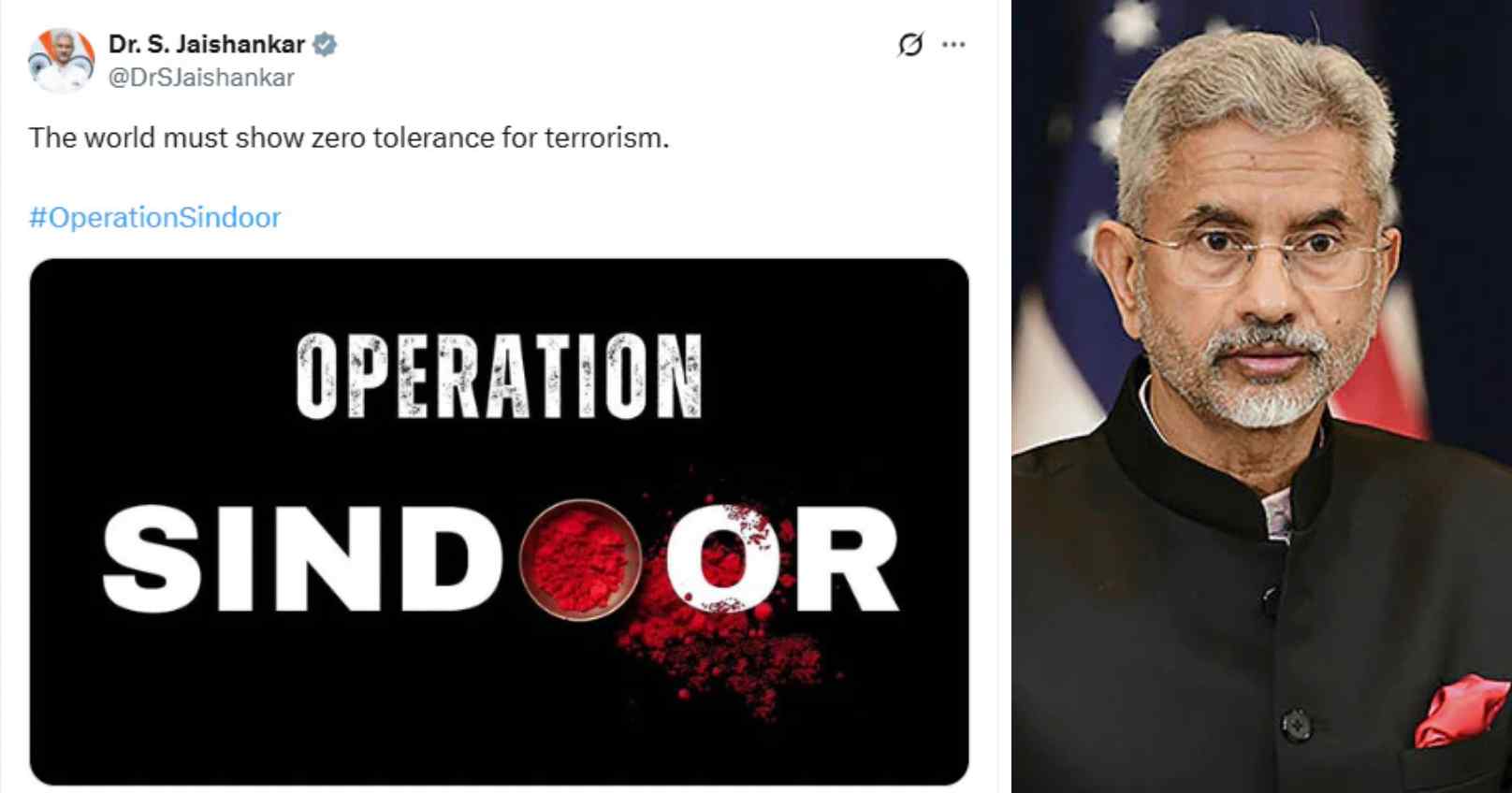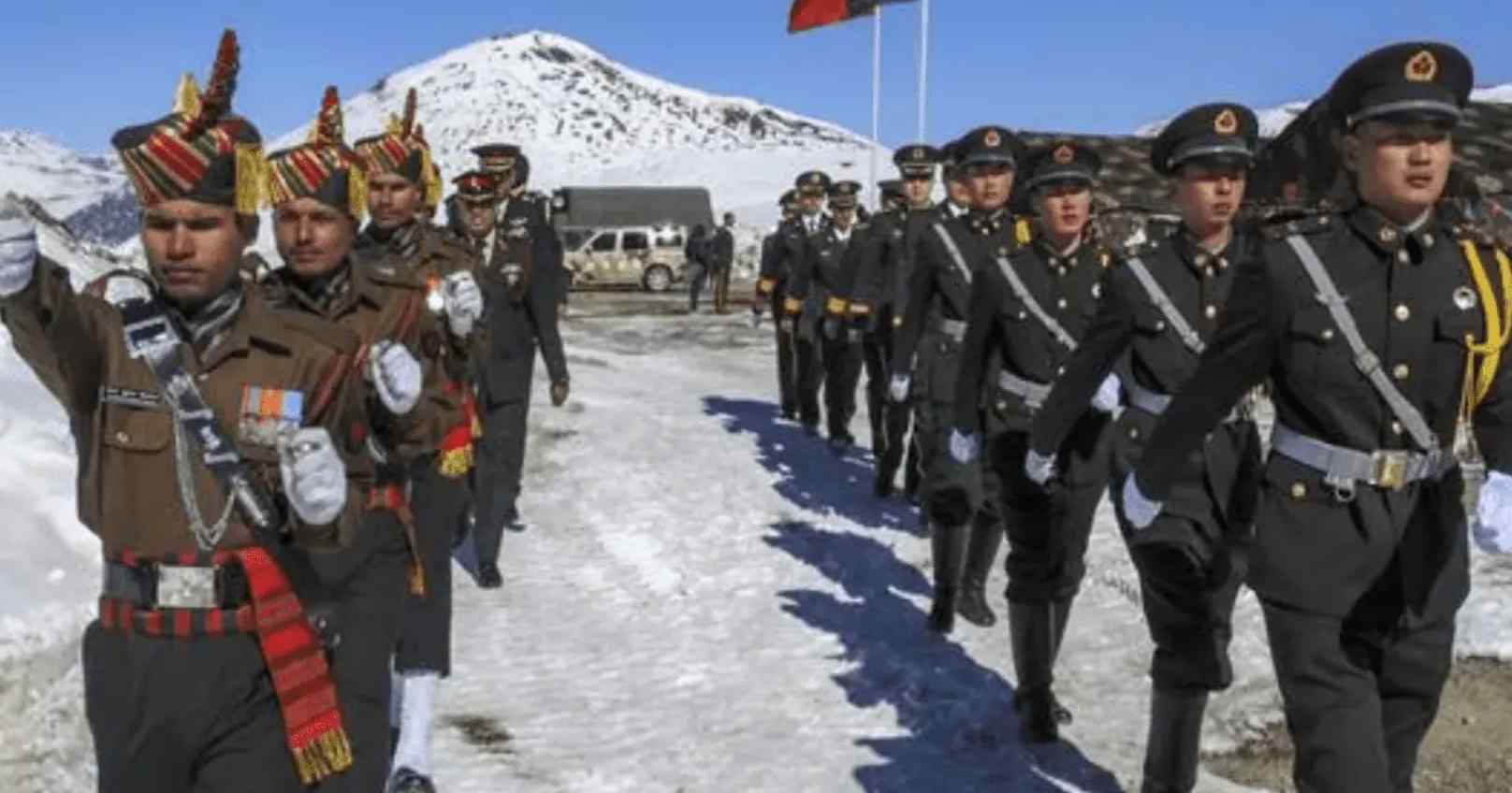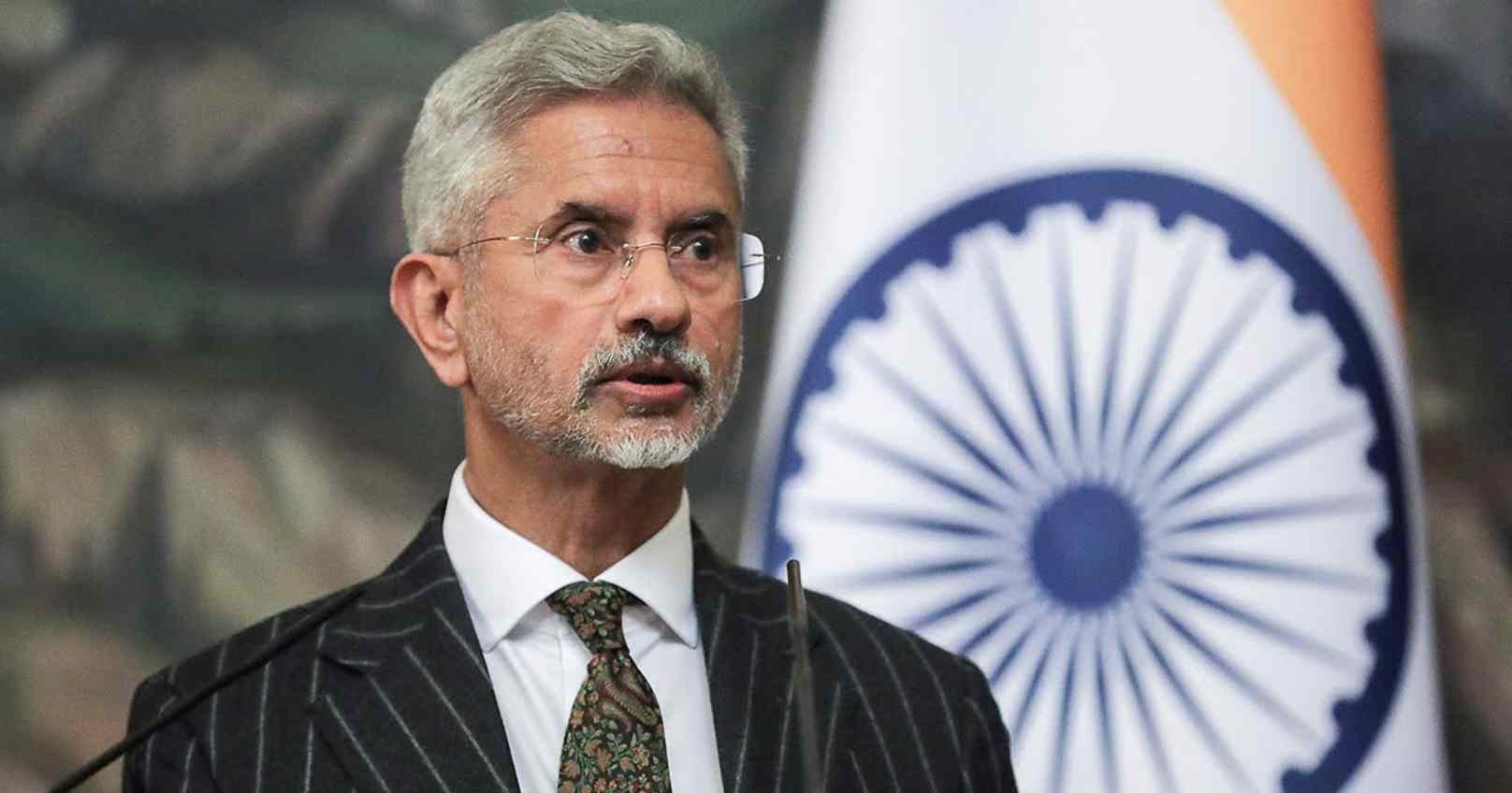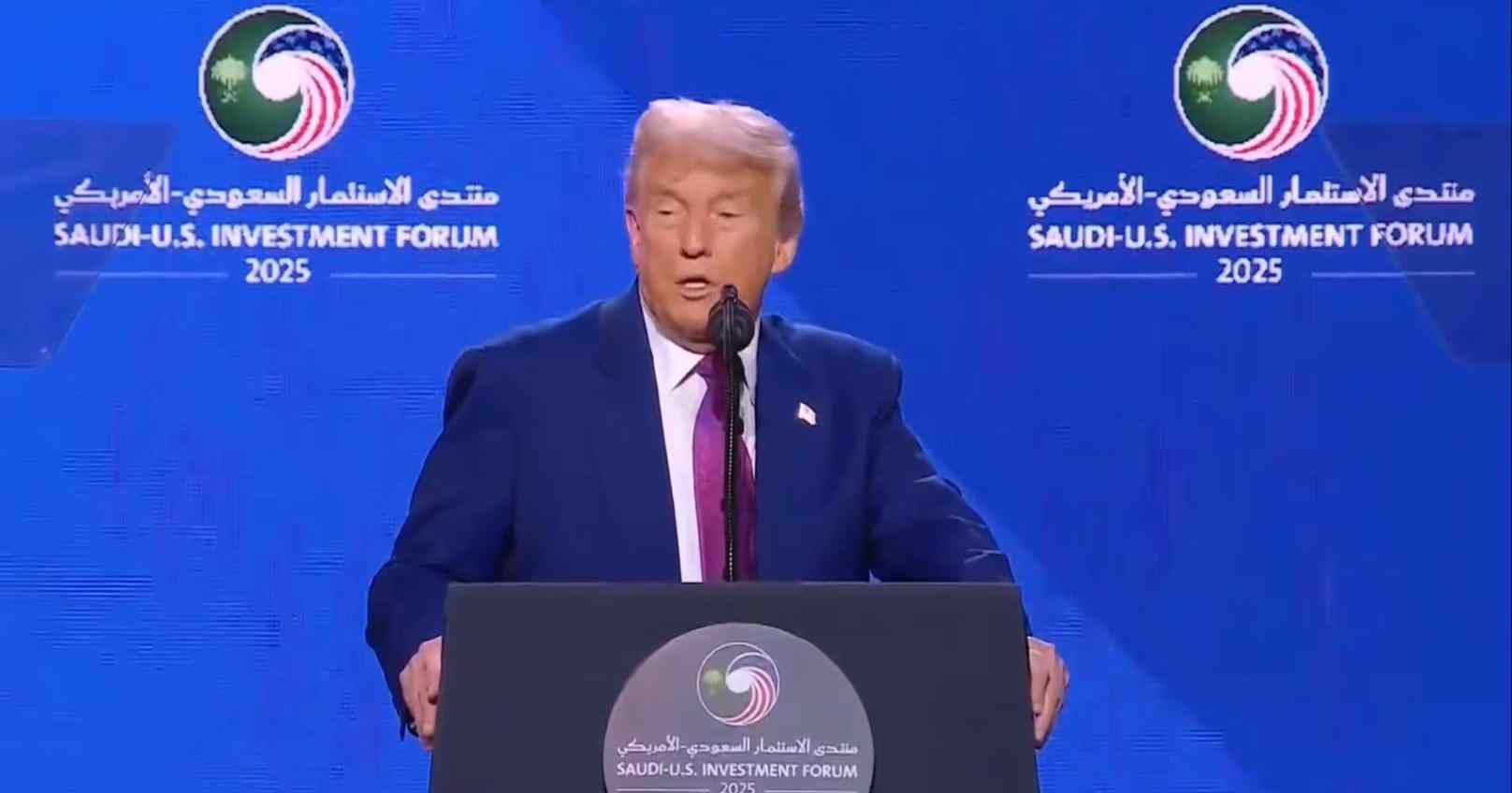External Affairs Minister S. Jaishankar issued a sharp message on Wednesday following India's overnight retaliatory offensive, saying the global community must adopt “zero tolerance” towards terrorism. His remark, posted on social media alongside an image from the strike, was India’s first official diplomatic reaction after conducting precision attacks on nine terror hubs in Pakistan and Pakistan-occupied Kashmir (PoJK).
The military action, carried out in the early hours of Wednesday, was in response to the deadly April 22 terror assault in Pahalgam that killed 26 civilians. The Indian government, in a pre-dawn statement, described the strike as “precise, proportionate, and designed to avoid escalation.”
According to high-level security sources, over 80 terrorists were eliminated in the coordinated strike by India’s Army, Navy, and Air Force. Visuals emerging from PoJK appeared to show large blasts and plumes of smoke, with local residents seen watching the aftermath.
One of the most significant targets was the headquarters of Jaish-e-Mohammed in Bahawalpur, a location long under Indian intelligence watch since the Pulwama terror attack in 2019. Nearly 100 kilometers from the border, the facility served as a key node for JeM’s operations. Another high-value location struck was Masjid wa Markaz Taiba in Muridke, believed to be the ideological headquarters of Lashkar-e-Taiba and often referred to as the “terror nursery” of Pakistan.
Among the other strategic targets was the Subhan Allah mosque in Bahawalpur, which intelligence inputs suggest played a pivotal role in planning and training for the 2019 Pulwama attack. The structure was also used to radicalize and indoctrinate new recruits for JeM.
The operation followed weeks of behind-the-scenes planning and security consultations led by Prime Minister Narendra Modi, who authorized the armed forces to act decisively. Sources confirmed that India's foreign intelligence agency, the Research and Analysis Wing (RAW), had been closely monitoring the locations for months before the strikes were executed.







